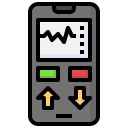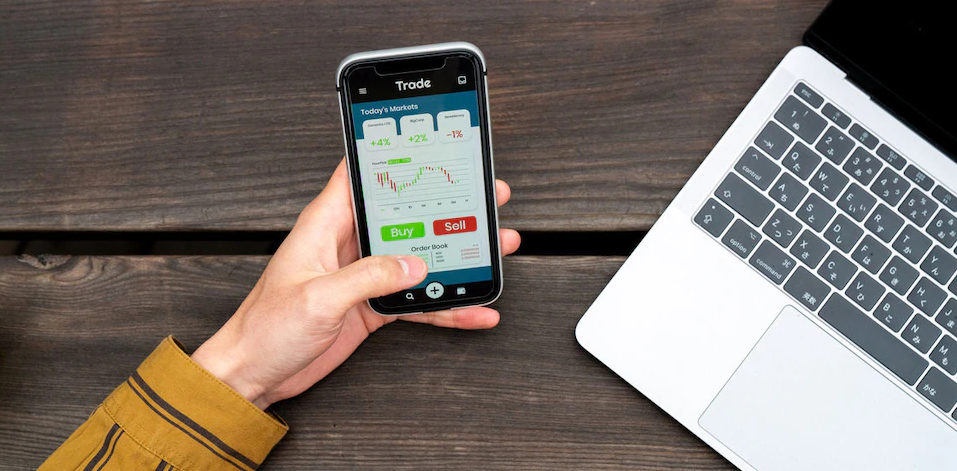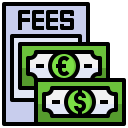
When people trade stocks, they usually do it with the help of professionals and rich people who own a lot of money. Digitization has made this a lot different, and online banks have taken over the world. It also became more interesting for small NZ investors, because there were fewer fees and they could buy and sell stock online. It has been a long time since apps have changed the market. When investors don’t have time to go to the computer, they can trade shares, ETFs, and cryptocurrencies with their own smartphone.
What is the best NZ trading app?
In addition to user-friendliness, the trading fees are particularly important when choosing the right trading app. See the table below showing some of the best trading apps in New Zealand.
How does a trading app work?
There are many more functions in a trading app than there are in a simple stock app. To buy and sell stocks, ETFs (Exchange-Traded Funds), and other securities, users can use trading apps. These apps let them buy and sell Bitcoin, as well as other types of securities.

Basically, a trading app works the same way as a computer trading platform. It should be easy to use a trading app if you already trade on the computer. For new traders, the most important thing is to learn the basics of trading. First, investors should use a service where the user guidance is as smooth as possible so that they can focus on the most important parts of the business. As long as you have it and are used to smartphones, you can also use the trading app if you have one. For more information, check out the big trading app comparison below. See the table below for a comparison of eight popular apps.
Trading apps fees explained

Trading platforms and banks want to make money by trading securities. So every trade costs the investor money. How the fees are charged differs from provider to provider:
- Order fees: Some providers charge an order fee regardless of the type and volume of the trade. In the time before the Internet, order fees were very high, so trading in small volumes was hardly worthwhile. Today, some providers already waive a fixed order fee. For others it is very low.
- External fees: These are costs that are not incurred by the online broker, but, for example, when buying shares on a stock exchange. For example, when trading on the NZ stock exchange, the prices are 0.04 percent of the order volume for S&P/NZX 50 Index stocks and 0.08 percent for all other stocks.
- Spread: The spread is the difference between the market price of a security and the actual buying or selling price. It is determined by the respective trading venue and is subject to normal market fluctuations. Typically, the larger the trading volume at the time of the trade, the lower the spread.
- Depot fees: Your shares, funds and other securities are stored in the depot. Some banks charge a monthly fee for this service. However, many online brokers or direct banks keep custody accounts free of charge.
Conclusion
With a trading app, investors always have their portfolio in their pocket. In case of doubt, this allows faster decisions to be made about important stock market news. But: If you can buy and sell securities with a simple reach into your pocket and a few taps of your finger, you are more likely to do more trades – and more trades may also mean more wrong decisions.
Tip: Do some research on different websites and channels before you start trading. Many trading apps offer the opportunity to playfully explore the user interface and functions with a demo account without real money.









